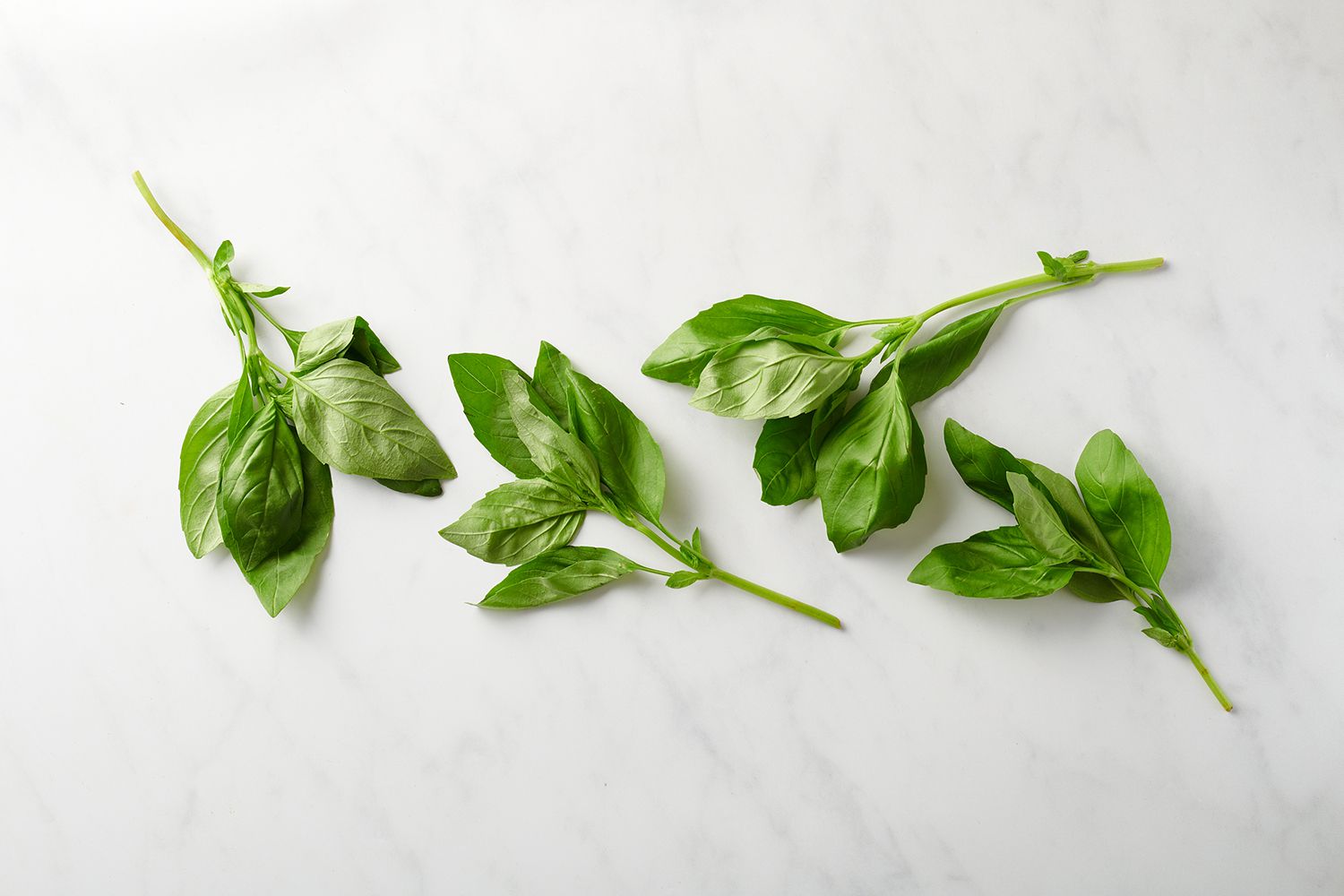Nurseries, the cradle of plant life, are essential for horticulture, agriculture, and landscaping. They play a pivotal role in nurturing young plants from tender seedlings to robust specimens, ensuring a thriving future for our green spaces.
The Art and Science of Propagation
Nurseries are masters of propagation, the art and science of multiplying plants. They employ a variety of techniques, including:
- Seed Germination: Tiny seeds are sown in specialized growing media and provided with optimal conditions for germination.
- Cutting Propagation: Stem or leaf cuttings are taken from mature plants and rooted to produce new individuals.
- Grafting: Desirable scions are grafted onto rootstocks to combine the best traits of different cultivars.
- Tissue Culture: Plant tissues are cultured in sterile conditions to produce numerous identical plantlets.
Cultivation: Nurturing Young Plants
Once propagated, young plants require careful cultivation. Nurseries provide the ideal environment for growth, including:
- Controlled Climate: Greenhouses and other structures allow nurseries to regulate temperature, humidity, and light levels, mimicking optimal conditions for different plant species.
- Nutrient-Rich Soil: Well-drained, nutrient-rich soil is essential for healthy plant development. Nurseries often use specialized soil mixes tailored to specific plant needs.
- Precise Watering: Proper watering is crucial to prevent both overwatering and underwatering. Nurseries employ efficient irrigation systems to deliver the right amount of water at the right time.
- Fertilization: Regular fertilization provides essential nutrients for vigorous growth. Nurseries carefully monitor nutrient levels and apply fertilizers as needed.
- Pest and Disease Control: Nurseries implement preventive measures to protect plants from pests and diseases, such as proper sanitation, biological control agents, and targeted pesticide applications.
A Diverse Range of Nurseries
Nurseries cater to a wide range of needs, specializing in various plant types:
- Tree and Shrub Nurseries: These nurseries cultivate a diverse selection of trees, shrubs, and other woody plants for landscaping and forestry.
- Ornamental Plant Nurseries: They focus on growing ornamental plants, including flowering plants, foliage plants, and succulents, for gardens, homes, and public spaces.
- Fruit Tree Nurseries: These nurseries produce fruit trees, such as apple, pear, cherry, and citrus trees, for home orchards and commercial production.
- Vegetable Plant Nurseries: They specialize in growing vegetable seedlings, including tomatoes, peppers, cucumbers, and herbs, for home gardens and market gardens.
- Hydroponic Nurseries: These nurseries cultivate plants in water-based nutrient solutions, without soil, offering efficient and sustainable production methods.
The Future of Nurseries
As technology advances, nurseries are embracing innovation to improve efficiency and sustainability. Tissue culture, hydroponics, and automation are revolutionizing plant propagation and cultivation. Additionally, sustainable practices, such as organic farming and water conservation, are becoming increasingly important in the nursery industry.
By nurturing young plants and providing them with the best possible start in life, nurseries play a vital role in ensuring a green and sustainable future. They contribute to the beauty of our landscapes, the productivity of our agriculture, and the overall well-being of our planet.



